Tankers
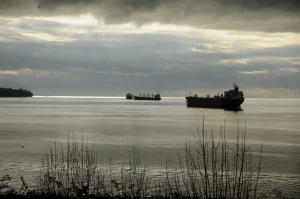
Russian tanker explodes in Chukotka
The vessel was saved from fire and fuel spillage, but two crew members were injured.
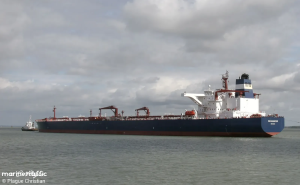
US criticizes India for purchasing Russian oil
India’s sharp increase in purchases of Russian oil after Russia’s invasion of Ukraine is “opportunistic and destructive,” White House trade adviser Peter Navarro said.
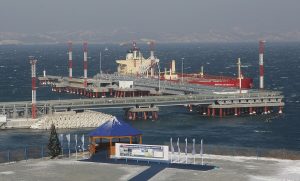
Massive GPS spoofing detected in another Russian port
In the Russian port of Kozmino, a massive spoofing of ships’ navigation signals was recorded.
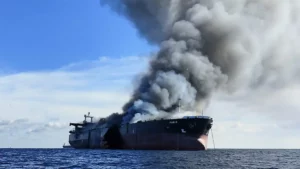
The world’s fleet of sanctioned tankers is growing despite tightening sanctions
Analysts have estimated that the fleet of “shadow tankers” continues to grow by at least 30 vessels a month.
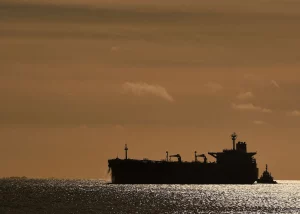
Four Russian oil tankers stand idle off the coast of India amid pressure from the US
At least four oil tankers carrying Russian crude are waiting off India’s west coast, awaiting a decision from Indian refineries.
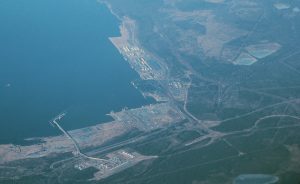
Russian port of Ust-Luga begins inspecting ships after series of tanker explosions
A Russian port in the Baltic Sea has ordered ship hulls to be inspected before allowing them to dock. The decision was made in the wake of a series of explosions on tankers bound for Russia.

Britain imposes new sanctions against 135 tankers of the Russian “shadow fleet”
The restrictions target Russia’s oil sector and vessels involved in illegal oil transportation.
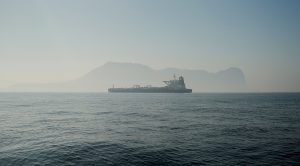
Defense Intelligence identified 20 more vessels of the Russian “shadow fleet”
The Ukrainian Ministry of Defense’s Directorate of Maritime Security identified 20 more vessels of the Russian and 11 of the Iranian “shadow fleet”.
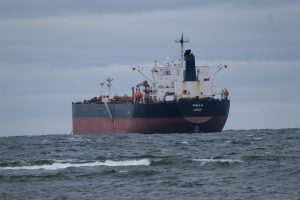
Sweden and Denmark will step up inspections of Russian tankers in the Baltic Sea
Sweden and Denmark will now require insurance documents from tankers passing through their territorial waters in the Baltic Sea.
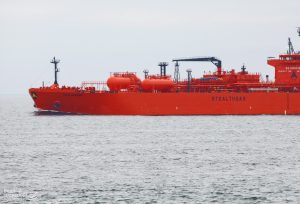
An explosion and ammonia leak occurred on a tanker in the Russian port of Ust-Luga
In the Russian port of Ust-Luga, an ammonia leak occurred from the “Eco Wizard” ammonia tanker.
